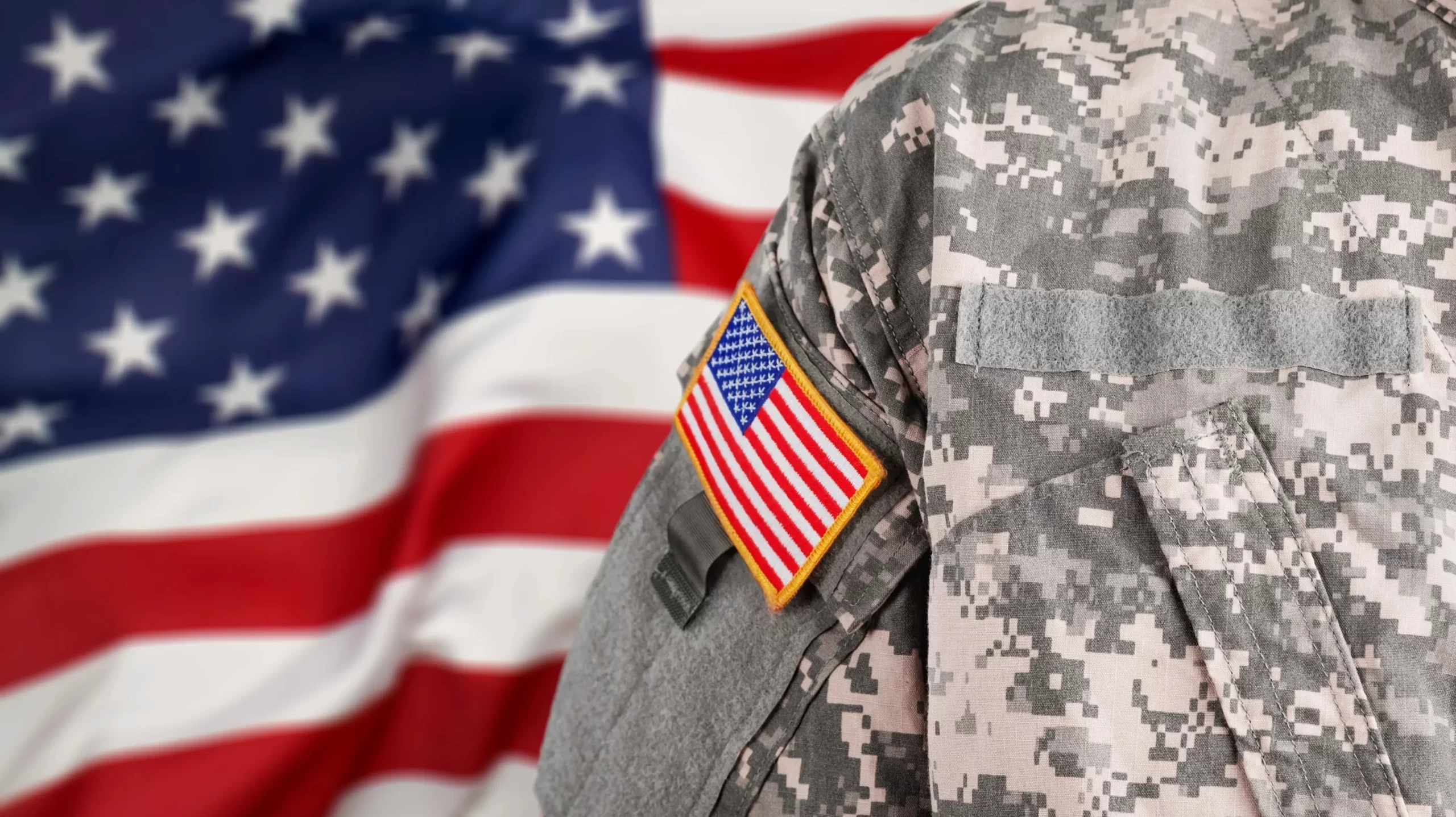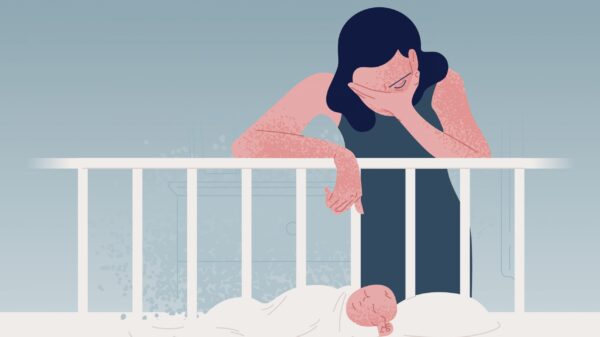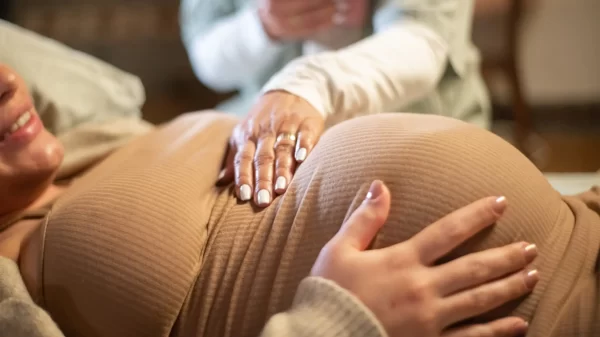|
Getting your Trinity Audio player ready...
|
On Monday, the House passed a bill that would expand support for veterans, enhance healthcare services and create more opportunities for retired service members in education and the workforce.
The bill now heads to the Senate, where its prospects remain uncertain due to the Democratic majority and differing views on the proposed reforms.
The legislation, known as the Senator Elizabeth Dole 21st Century Veterans Healthcare and Benefits Improvement Act, received overwhelming bipartisan approval, passing by a vote of 389-9. Many of the sections in this bill were previously introduced in Congress, such as the similarly named Elizabeth Dole Home Care Act but are now combined under this one comprehensive bill.
This bill is a significant win for Republicans, who have raised concerns about the Department of Veterans Affairs and advocated for increased access to at-home care for veterans.
The bill is named after former Republican Senator Elizabeth Dole of North Carolina and has remained a top priority for veterans’ advocacy groups. It is seen as a solution to a range of longstanding challenges facing veterans, with sections addressing everything from healthcare access to housing.
All members of Alabama’s representatives voted in the affirmative for the Dole Act. Representative Barry Moore, AL-02, released a statement following his vote.
“As a proud Veteran, I am pleased to support this long-awaited bill. It reaffirms our commitment to honoring and caring for our veterans and their families by ensuring they receive the support they deserve,” said Moore. “This bill modernizes our approach to veterans’ healthcare, making help more accessible, and paving the way for a future where no veteran feels forgotten.”
Among the key measures are initiatives to improve housing for veterans, including special home projects for Native American veterans on tribal lands and grants for transitional housing for all veterans.
The Dole Act prioritizes mental health services, expanding access to alternative care options outside of traditional nursing homes, funding in-home care services, covering ambulance transportation to VA facilities and increasing support for veterans in need of caretakers.
The bill would also allocate $5 million for fiscal year 2025 to the Office of Women’s Health to enhance access for women veterans to mobile mammography services and advanced mammography equipment.
Additionally, the bill includes provisions to enhance educational opportunities for veterans, such as expanding scholarships and modernizing tools for educational assistance, aiming to help retired service members succeed in their post-service lives.




















































